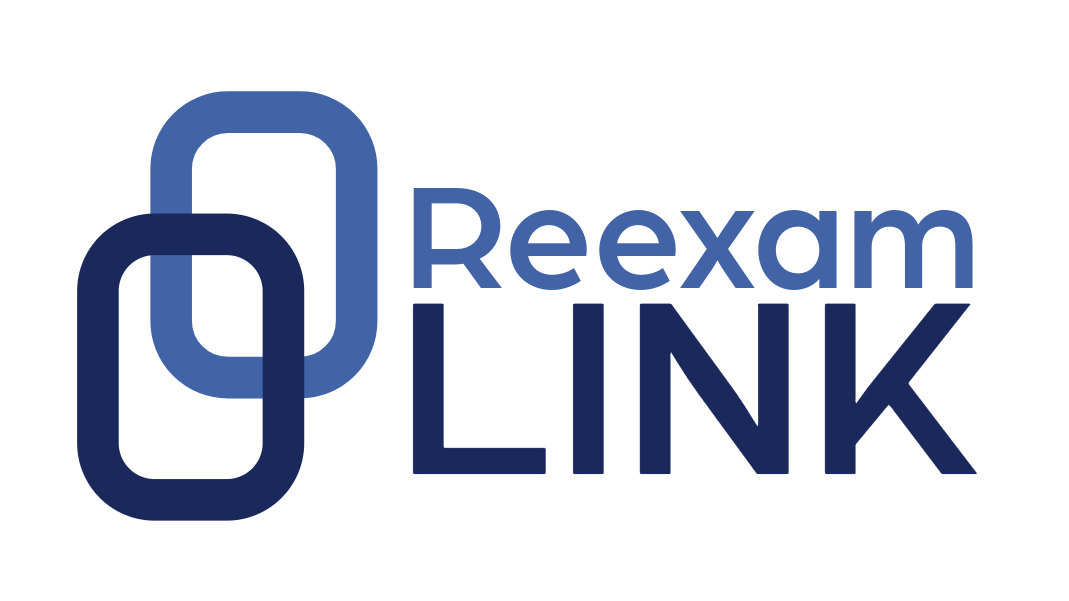 When a patent undergoes review at the Patent Trial and Appeal Board (“PTAB”), the Patent Owner has an opportunity to file a motion to amend claims so that a substitute claim can be proposed for each claim sought to be amended. Stakeholders, and even some jurists, have been critical of the PTAB for denying the majority of motions to amend, but every once in a while one is granted by the PTAB.
When a patent undergoes review at the Patent Trial and Appeal Board (“PTAB”), the Patent Owner has an opportunity to file a motion to amend claims so that a substitute claim can be proposed for each claim sought to be amended. Stakeholders, and even some jurists, have been critical of the PTAB for denying the majority of motions to amend, but every once in a while one is granted by the PTAB.
In Amerigen Pharmaceuticals Limited. v. Shire LLC (IPR2015-2009), the PTAB granted Shire’s motion to cancel all the claims instituted for trial, with the exception of a single claim that was amended from being multiply dependent on claims that were instituted for trial and claims not instituted for trial to merely being dependent on claims not instituted for trial.
Amerigen filed a petition for inter partes review of claims 1-3, 5, 8, 9, 11, 18-21, 23 and 25 of RE42,096 in October, 2015. Shire filed a preliminary response in January of 2016. The PTAB instituted trial only on claims 18-21, 23, and 25, which is significant because claim 25 was multiply dependent on “any one of claims 2, 13 [not instituted for trial] or 18 to 20 [instituted for trial].”
In response to the institution decision, Shire filed a reconsideration request that asked for clarity on the status of claim 25 because it depended on claims that were in the trial and claims not in the trial. Further in response to the institution decision, Shire filed a simple motion to amend that cancelled “instituted claims 18-21 and 23, plus claims 22 and 24 (each of which depends from claim 18).” (Motion to Amend, 2.) Shire also proposed substituting new claim 26 for 25 with the changes to the text of claim 25 shown as follows:
26. (Substitute for Claim 25) The pharmaceutical composition of any one of
claims 2[[,]] or 13
or 18 to 20wherein the pharmaceutically active amphetaminesalt in (a) and (b) comprises mixed amphetamine salts.
Shire did not propose any new arguments or evidence concerning the patentability of claim 26, other than to state:
The proposed amendment cancels all instituted claims and proposes one substitute claim that cancels claim 25 as instituted, to the extent it depends from instituted claims. The amendments respond to the grounds asserted for unpatentability (37 C.F.R. § 1.121(a)(2)(i)) and they do not enlarge the scope of the claims or introduce new subject matter (37 C.F.R. § 1.121(a)(2)(i)).
Amerigen filed an opposition to Shire’s motion to amend, arguing in part:
- Shire failed to satisfy the requisite showings of patentability over the prior art under Masterimage and Idle Free,
- Shire did not set forth any prima facie case of patentability of claim 26 for Amerigen to rebut, and
- Shire did not cite another IPR (IPR2016-01033) relating to claims 2 and 13 [however, these claims were ultimately not instituted for trial in that IPR either].
The PTAB denied Amerigen’s opposition motion and issued its Final Written Decision on March 31, 2017, granting Shire’s motion to amend instead. The panel clarified that Idle Free places a burden on the patent owner to show a patentable distinction over the prior art of record and also prior art known to the patent owner “in the instance where a feature is ‘added to each substitute claim, as compared to the challenged claim it replaces.’” The decision differentiated the instant case:
In this instance, however, multiple dependent substitute claim 26 merely has the effect of eliminating three claims dependent on instituted claims 18–20, and preserving two claims dependent from non-instituted claims 2 and 13. As Patent Owner aptly explains, “[e]ffectively, no claim is being amended, and claims are only being cancelled, because claims 18–24 are being removed, and proposed claim 26 removes three multiple dependent claims (claim 25 as it depends from claims 18–20)” and “[n]o other changes to the claims are being made.” Paper 14, 2.
With the cancellation of claims 18–25, and the entry of substitute claim 26, there would be no claim remaining subject to inter partes review in this proceeding. We agree with Patent Owner that “[t]here is no requirement for Shire to prove, after the Institution Decision, that original non-amended claims are patentable over all potential prior art, especially non-instituted claims.” Paper 21, 4.
Thus, Shire was able to convert claim 25 that was multiply dependent on claims that were in the trial and claims not in the trial, to new claim 26 that is multiply dependent on claims not in the trial, without proof of patentability because no new feature was added to the amended claim.
Could the same result have been accomplished more simply, such as with a motion for adverse judgment? To do that, Shire would have had to cancel claim 25 and lose the subject matter of what amounted to claim 26. This is one complication associated with partial institution and multiple dependent claims. The instant decision provides guidance about how to make amendments that will cancel subject matter in claims instituted for trial, and yet salvage claimed subject matter not involved in the institution of inter partes review.

Leave a Reply